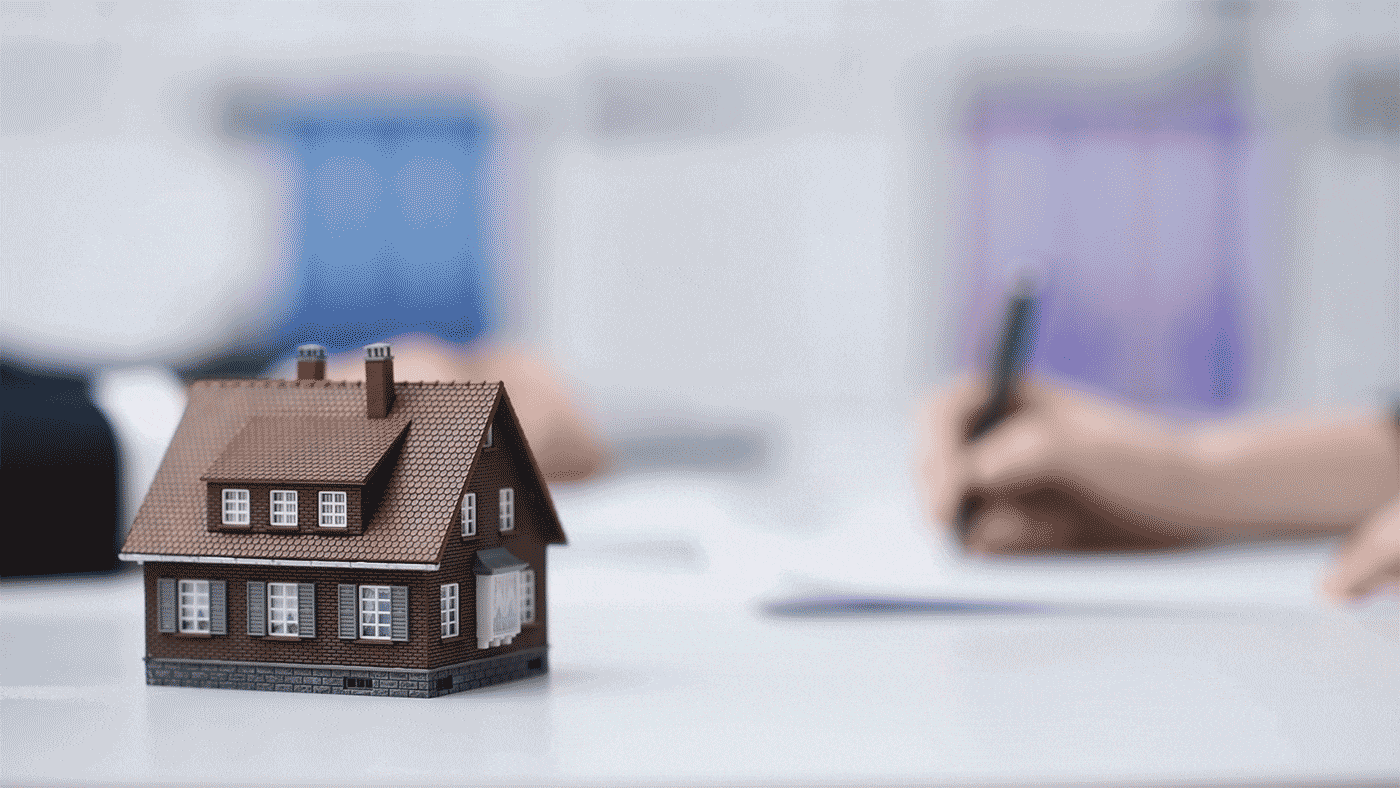Can I Afford It? 8 Financial Questions to Ask When Buying a House
About you and your potential new home.

iStock
Buying a home is a big step. It’s likely the largest investment you’ll ever make, so you want to be prepared. Answering these questions will help ensure you’ve done your research about the home you’re considering and about yourself, to help you determine what it will actually cost:
Questions to ask about yourself
How’s my credit?
Did you know that your AAA Membership entitles you to a free credit report (and credit monitoring) through ProtectMyID?
Find Info HereChecking your credit is one of the most important questions to ask when buying a house. Your answer will help determine if you can get a mortgage and what your interest rate will be. Work with a bank loan officer or request a copy of your credit report online.
How much house can I afford?
You’ll need cash for one-time and ongoing expenses such as closing costs, property taxes, potential homeowners association dues and unanticipated repairs. When buying a home for the first time, it’s wise to limit your purchase to about 80% of what you’ve been approved for, so you buy a house at a price that helps protect your financial security.
Do I have enough cash?
If you can put 20 percent down on the house, you won’t have to buy private mortgage insurance—and you may get a better mortgage interest rate. Can’t swing it? Talk to a bank loan officer anyway: Home loans with as little as 3 percent down are often available.
Fixed- or variable-rate mortgage?
It can be tempting to go for the lower interest rate of a variable-rate mortgage. But getting a fixed rate—which will never change—is considered safer. Your loan professional can help you determine which makes the most sense for you.
Questions to ask about the home
Is the home in a flood zone?
Flood insurance isn’t included in your home insurance—it has to be bought separately. And it’s actually a purchase worth considering whether you’re in a high-risk flood zone or not, as more than 20 percent of flood insurance claims come from people outside of high-risk areas, according to the Federal Emergency Management Agency.
How old are the components of the home?
Knowing the expected remaining lifespan of items inside and outside the home—from appliances to the roof—can help you anticipate major expenses down the road. It also can help you gauge whether you’ll need to add a home warranty to your purchase.
What does the home’s location have to offer?
Imagine you and your family living in that neighborhood for at least five years. Can you picture it? If not, a different location might be a better option. Why is that? If you purchase a home and don’t stay for at least five years, you risk losing money in the end due to your closing costs and the high interest charges during the first few years of your mortgage.
Does the home include the features you want?
Garages, decks, fences, swimming pools … These features are major factors in the home’s overall cost, depending on whether you want—or don’t want—them included. For example, you’ll need to be prepared for the cost of installing a fence if you need one and the home doesn’t come with it. On the other hand, buying a house with a swimming pool may not be worth it if you don’t want the pool.